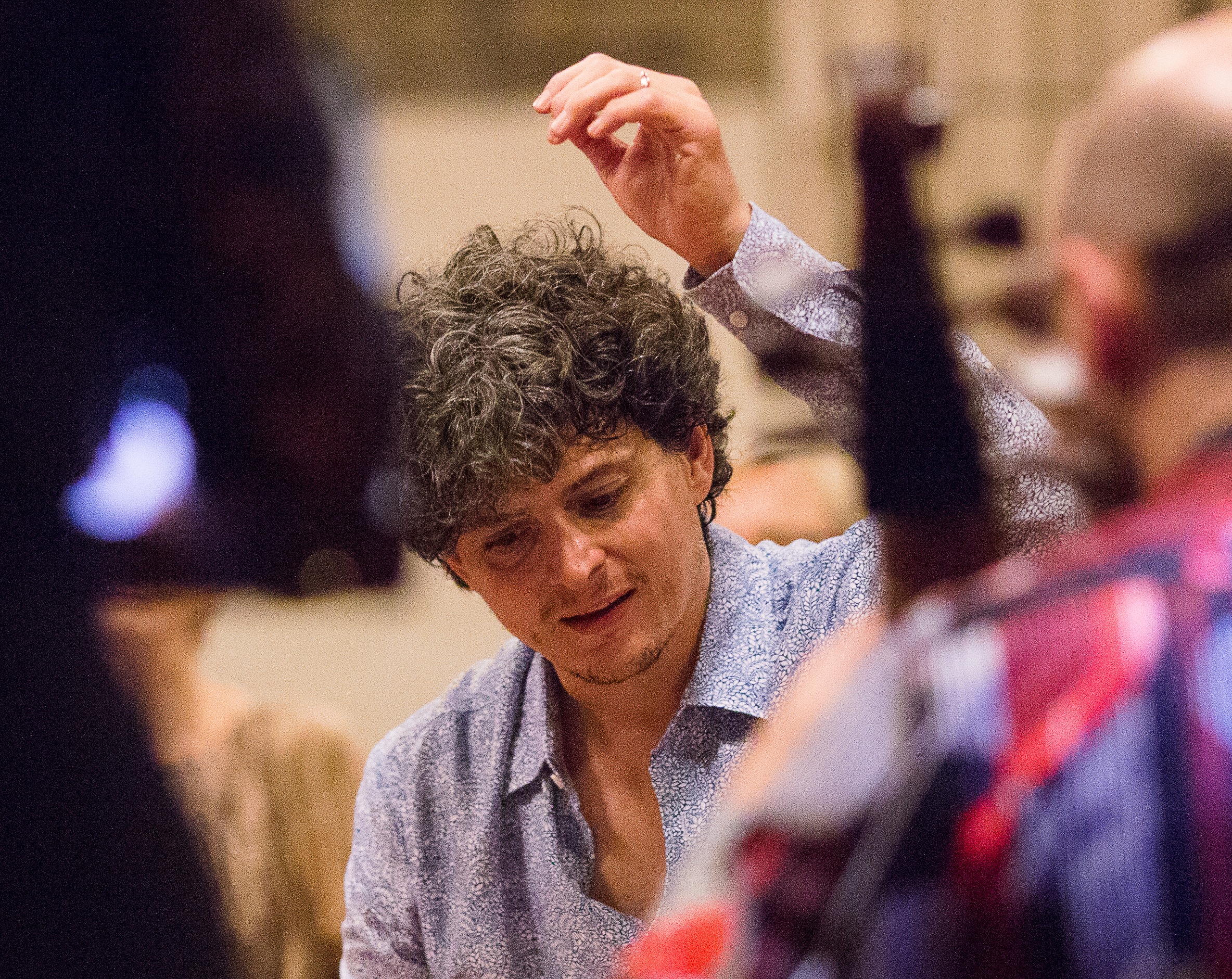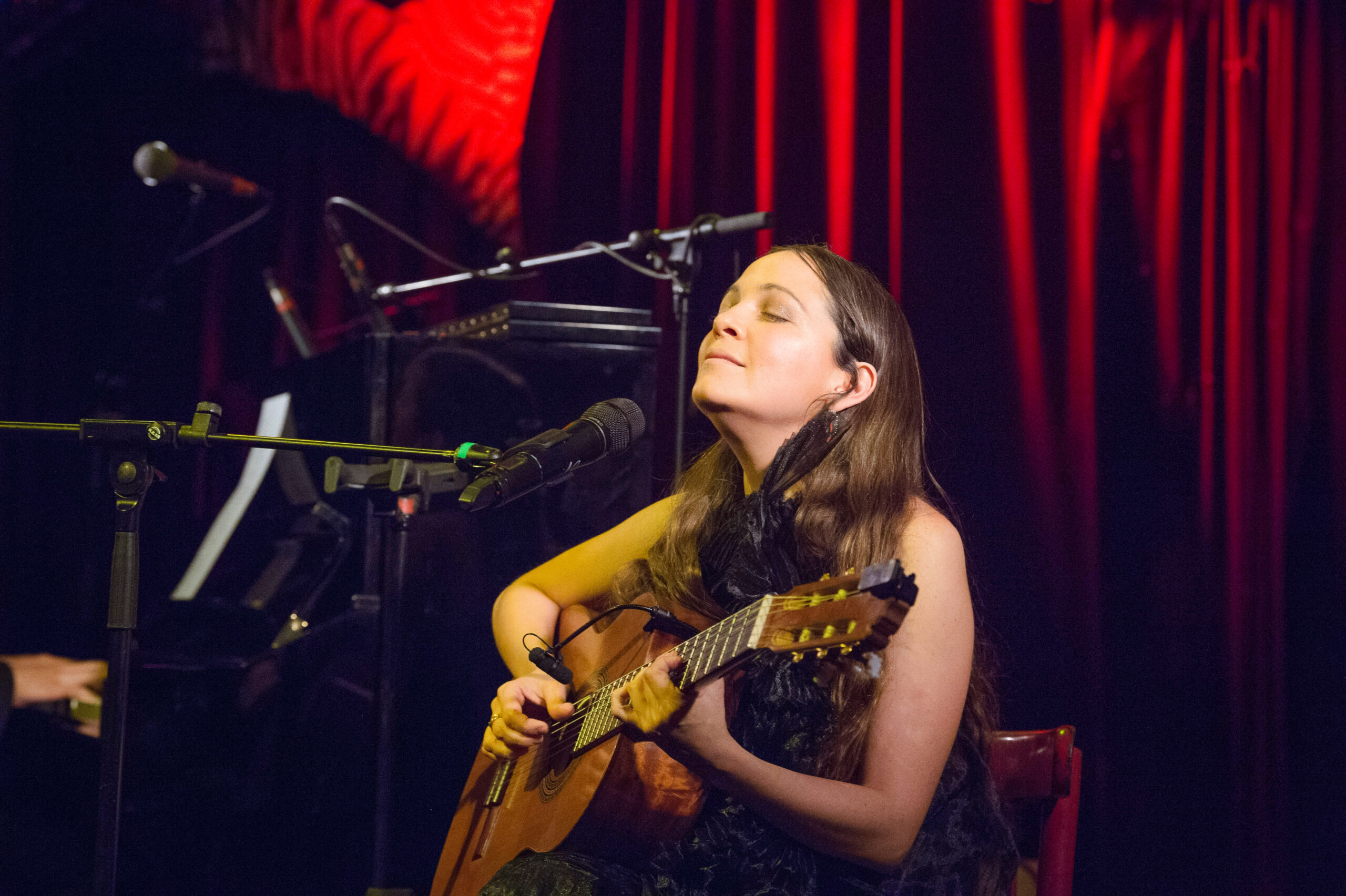This article is adapted from AQ’s special report on Uruguay

Afrobrasileira
by Marla Riomar
Brazil
Mirla Riomar was born in Salvador, Bahia, the center of Afro-Brazilian culture, and now lives in Barcelona. Afrobrasileira, her first album featuring her own compositions, was released earlier this year, and contains “Zaué,” a jewel of a smoothly flowing song she wrote at age 13. Her voice, gliding over Afro-Brazilian percussion and lilting guitars, tells us of her younger self’s dreams.
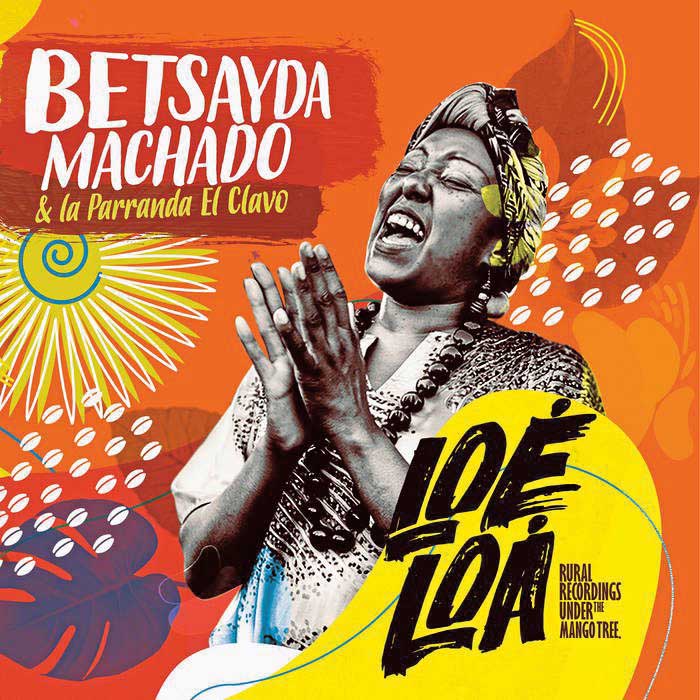
Loé Loá
by Betsyada Machado
Venezuela
Venezuelan singer Betsayda Machado grew up in El Clavo, a small village not far from Caracas and the Caribbean coast, to which she returned a few years ago to record traditional Afro-Venezuelan music with her lifelong friends of Parranda El Clavo. (A “parranda,” across the Caribbean, is a traditional musical group.) Their music features traditional drums and elaborate vocals, which are front and center in “Gaviota,” from their 2017 album Loé Loá. The infectious call-and-response style, typical of the genre, and the driving rhythm contrasts with wistful references to the titular seagull’s freedom and the singer’s unrequited love—of which she cannot free herself.
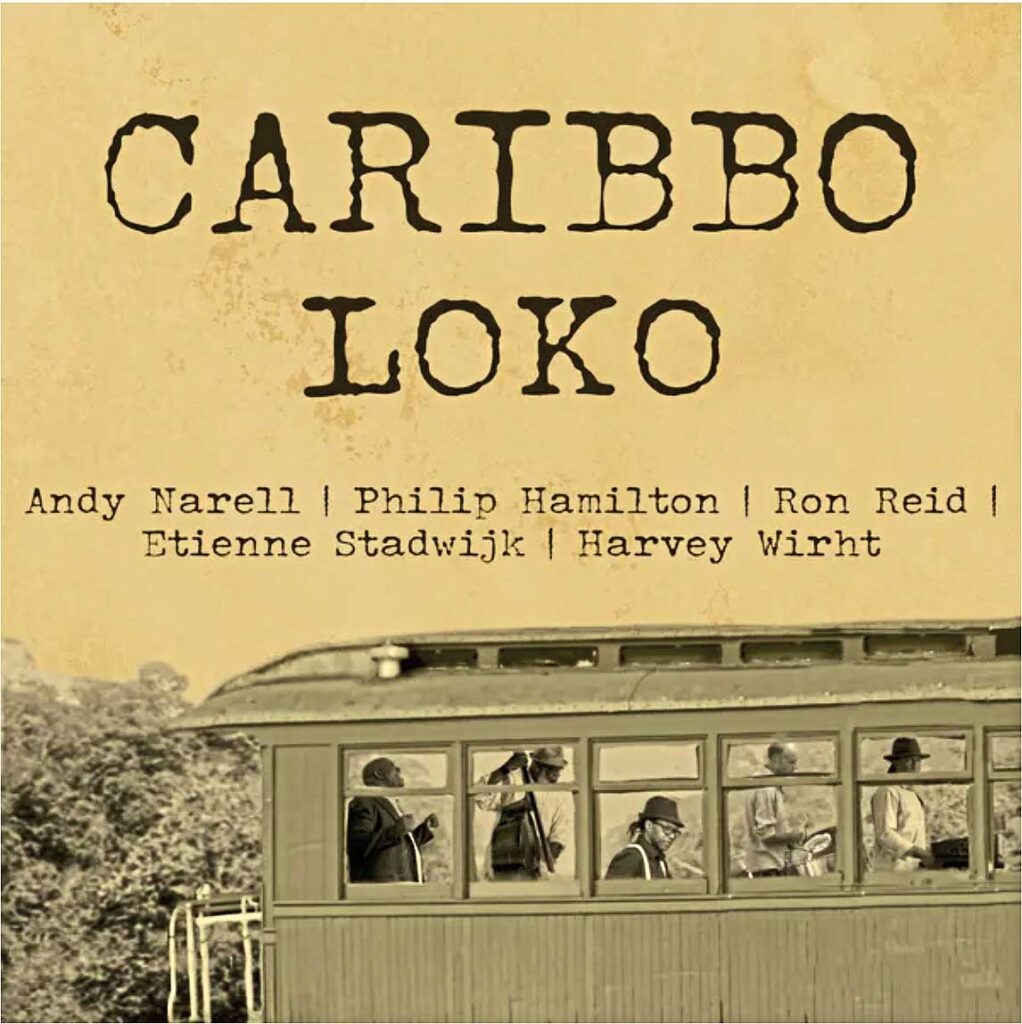
Loko
by Caribbo
Suriname
Caribbo is a Surinamese band based in New York, led by Harvey Wirth and Etienne Stadwijk. Their latest release, the single “Loko,” combines traditional rhythms with jazz and features vocals by Philip Hamilton, first through a vocoder—in a nod to early synth-pop—and later in duo with steel-pan player Andy Narell.

De todas las flores
by Natalia Lafourcade
Mexico
Mexican superstar Natalia Lafourcade was back in the studio in 2022, releasing De todas las flores, a 12-song album she co-produced with Adán Jodorowsky. “María la Curandera,” a song from the album, is an understated healing prayer inspired by a 20th century Oaxacan healer, María Sabina. The song sounds at once improvised and carefully put together, reminiscent of a town band. The chorus that accompanies Lafourcade breathes as one, and subtle brass interventions sound like the trumpeter suddenly decided to join the party.
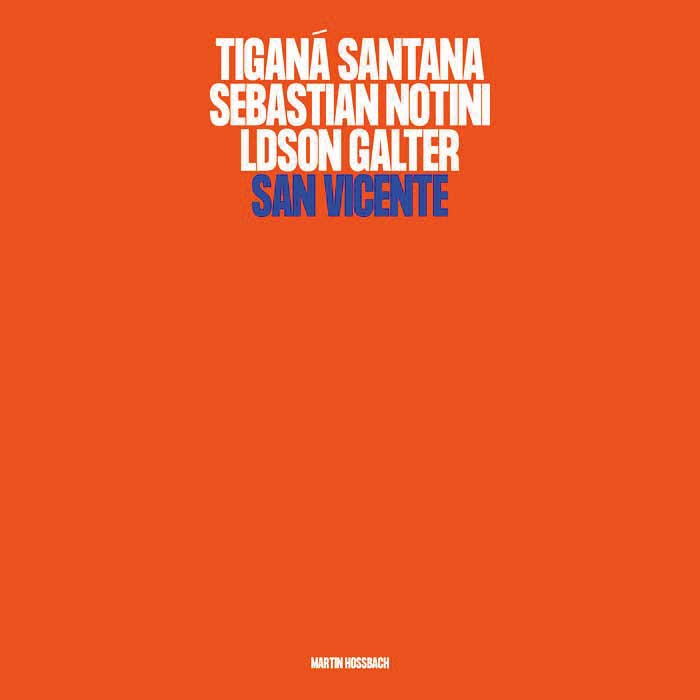
San Vicente
by Tiganá Santana
Brazil
Bahian singer Tiganá Santana’s minimalist cover of Milton Nascimento’s 1972 classic song “San Vicente” is in many ways the opposite of the original. Where Nascimento sang very high in his register and seemed to be operating in a vast acoustic space accompanied by guitars, percussion, chorus and even a carillon, the new version places an extremely close focus on Santana’s voice, singing very low over a purposefully sparse piano. Part of the beauty of a cover version of a song, especially if the original is a hit, is the dialogue between iterations: What changed, and what stayed the same?
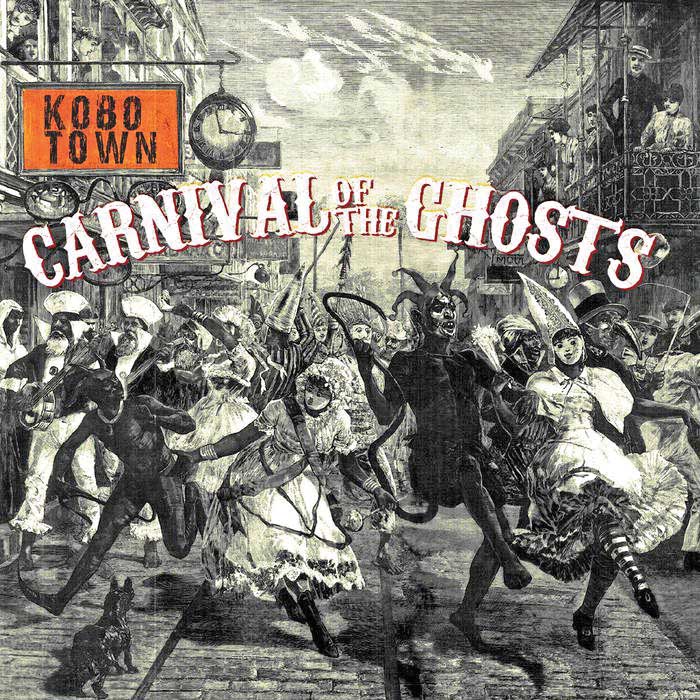
Carnival of the Ghosts
by Kobo Town
Trinidad and Tobago
“Down by the Water” is a surprisingly philosophical song by Kobo Town, led by Toronto-based Trinidadian songwriter Drew Gonsalves and dedicated to delivering Caribbean carnival sounds from the frozen shores of Lake Ontario. Along with a message about how time is borrowed and how we will all meet again in the end, the song offers a pleasant blend of summer and winter equally appropriate for either side of the equator.
Listen to the full AQ Winter Playlist on Spotify.


